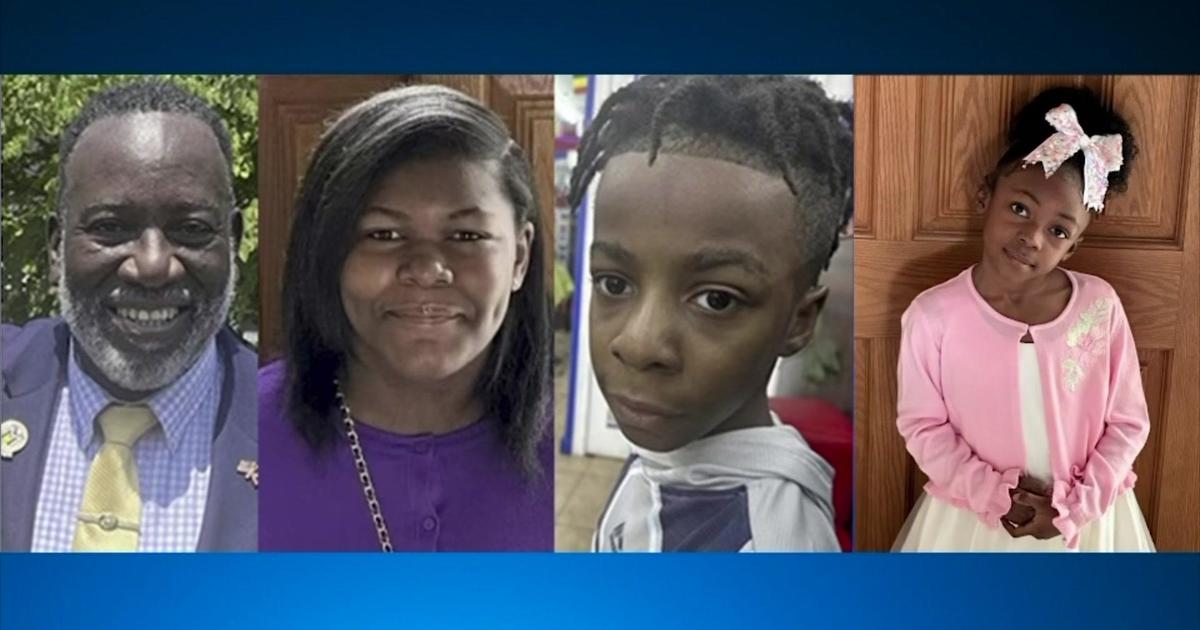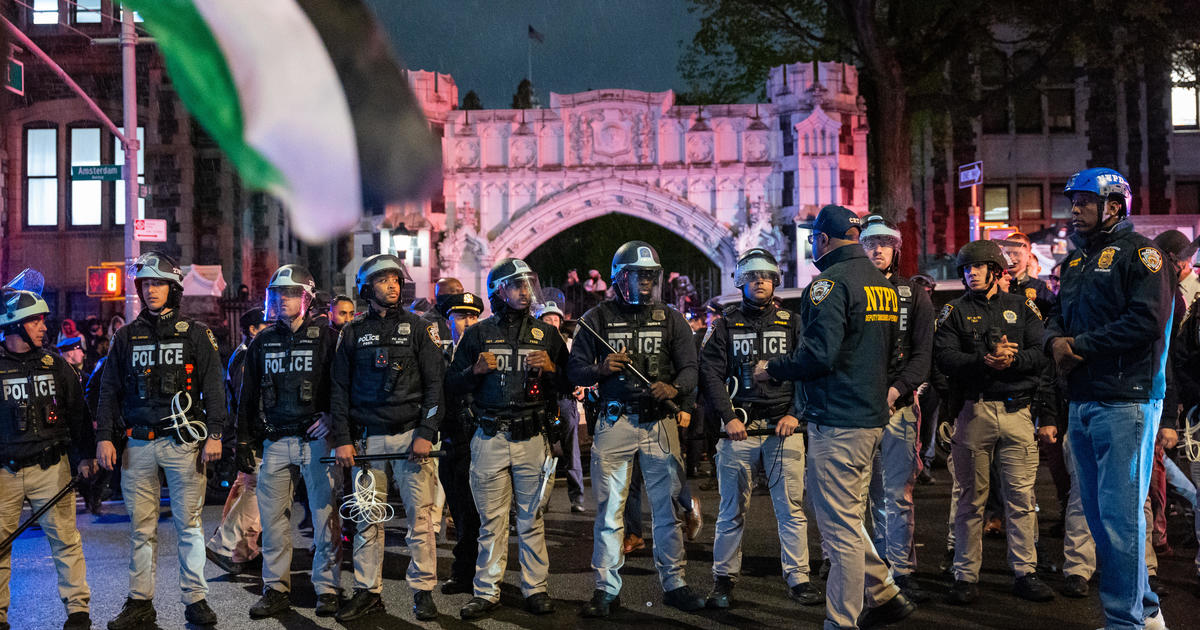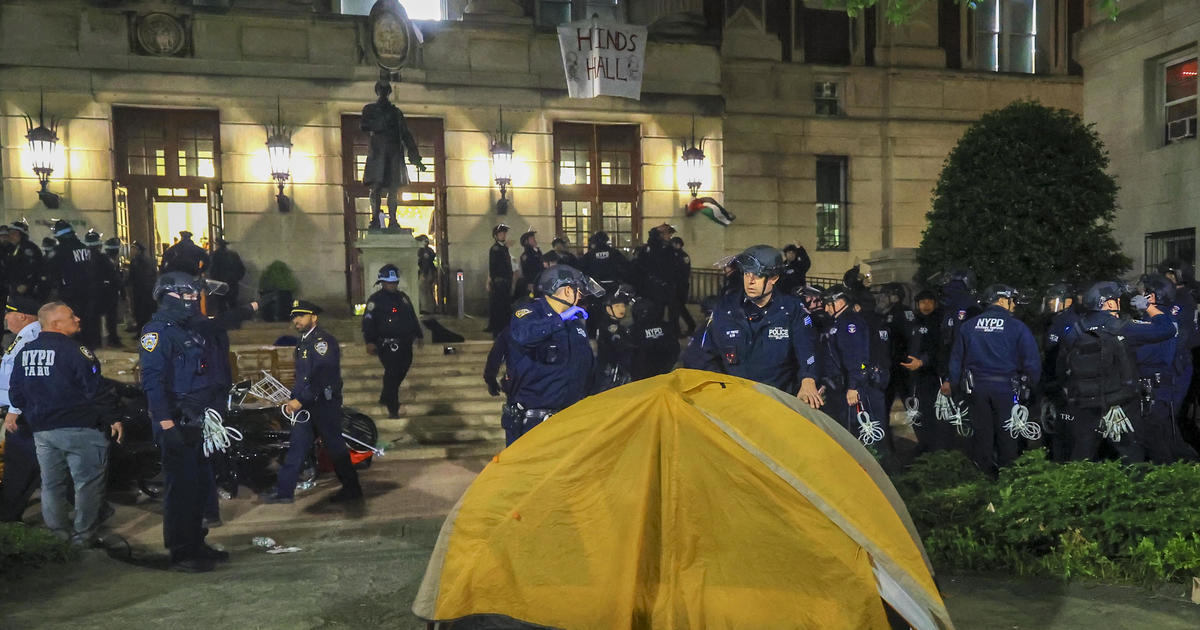Jared Max: Michael Sam Isn't Alone, So Why Is He Doing This ... Alone?
By Jared Max
» More Columns
This is not about Michael Sam anymore.
The courageous rookie -- relatively unknown to NFL fans and players nine months ago -- has shouldered significantly more than anybody's share of the load. More than any man should be left to carry himself. It is long past time for others to man up -- to recognize that some guy who has yet to be invited to the fancy winery has been squashing grapes with his bare feet while his scared, dare-I-say cowardly "relatives" sniff, snort, gargle and spit excess of vintage barrels.
I am tired of hearing explanations about why Sam was cut Tuesday from the Dallas Cowboys' practice squad. I don't care anymore about what the St. Louis Rams said was their reason for not retaining their seventh-round draft pick -- the 2013 Co-Defensive Player of the Year in the SEC (college football's toughest conference, arguably). I am uninterested in hearing opinions of NFL experts about why Sam should or should not be on an active NFL roster, whether he can fit into a defensive scheme that is a 3-4, not a 4-3. All this banter is a smokescreen distracting us from reality.
These continuing talking points steer critical attention from a glaring truth: there is not one gay man currently playing in our four major American pro leagues who feels comfortable to be himself, to say, "This is who I am. This is who I've always been. Deal with it. Or, don't. It's not my problem. It's yours." While Sam may still become the first openly gay player on a regular-season NFL roster, we are long overdue for others to look in the mirror and recognize it's their time to pick up the check. It should not be the responsibility of a player released from a practice squad to pay for everybody's Sunday brunch.
As I said in interviews after publicly coming out on my radio show in May 2011, "I never asked to be this way. I didn't even ask to be." While no woman or man, I believe, would choose a life filled with uphill battles, we must play the hand we are dealt and let the chips fall where they may. I knew that coming out would be a career risk. But, I knew that not coming out -- allowing myself to be bullied into silence -- would have been a critical risk to my life. My one life. One shot. One chance to make the most for myself, in turn creating hope for others to believe that they could do the same.
Since coming out to his University of Missouri teammates prior to the 2013 college football season, Michael Sam has solely carried a crusade while closeted professional athletes have chosen to remain to silent. Sam and his supposedly too-small-for-the-NFL body has remained in the trenches -- using his bare hands to operate a tunnel-boring machine that could blaze a path wide enough for a Pride parade to march through. Fellow gay pro athletes who, unlike Sam, are established and financially secure, seem like unappreciative motorists on backwoods roads, griping that the unfinished pavement is wreaking havoc on the chrome wheels of their new Porsches, Lamborghinis and Aston Martins.
While many gay players watch from behind a curtain and wonder if Michael Sam will find a home with an NFL team like the Patriots (who have lost their top pass rusher to injury for a month) or the Jets (whose star defensive end Sheldon Richardson endorsed his former Missouri teammate and roommate yesterday, saying, "He plays like a Jet" and "he can definitely play in this league"), I wonder why a seventh-round draft pick is the guy who has dominated pro sports' LGBT discussion.
I don't know enough about the inner workings of the Cowboys to state whether or not Sam deserved to play. It's a waste of time and effort to rationalize why a team that has six quarterback sacks through the first seven games of the year did not call for assistance from an employee who registered three sacks in four preseason games. The rationale behind Sam being drafted, cut, then signed to a practice squad, then released again does not create optimism for young gay athletes. And teams look foolish for believing that Sam would not be welcomed. Eight weeks into a season in which he has not been on an active roster, Sam's St. Louis Rams jersey (you know, the one that ranked second to Johnny Manziel during the preseason) remains the 17th-highest seller among rookies. It is clear that NFL fans are not turned off by an openly gay player -- just as a radio sports talk audience in New York welcomed me, greatly increasing in size, soon and long after I came out.
A close friend who I was once involved with in a relationship told me last night that he believes a conspiracy exists -- that a conscious effort was made to keep Sam from stepping onto an NFL regular-season field. My friend (who is not a sports fan) stated that he thinks the Rams and Cowboys kept Sam on a chain, playing rope-a-dope with him to crush his spirit. While this seems unlikely to me, I cannot explain with a straight face (no pun intended) why a courageous man of Sam's character and athleticism has been shielded from the NFL.
This is no longer about Michael Sam, though.
Question: Why isn't there one openly gay, active player in the NFL, NBA, NHL or MLB? We live during a goofy time with a glaring lack of leaders, when political correctness has ruled us into pretending our darkest realities don't exist if we disguise them with Disney language. What does it say for us as a society when the majority of noisemakers seem unable to identify the glaring void of gay players in professional sports? Why is the word homophobia not spoken of as freely as the word racism? Not to be confused by a "What about us?" type of argument, it must be noted that concerned citizens who claim to care so greatly about re-branding a football team that has bore the same name since 1933 have not rushed to the defense of another minority that hits closer to home. Do you not have at least one brother or sister, aunt or uncle, mother or father, cousin or close friend who is gay?
Regardless of the reasons and excuses why there aren't any active, openly gay players in our four major pro leagues, we live in a unique period where there is opportunity to eliminate homophobia -- in one fell swoop -- from the ruling sports class. Time is too precious to be concerned or to cater to those steeped in an archaic mentality who believe that gay players are damaging to their brand. Homophobia is their problem. While some might have the power to control an openly gay rookie making an NFL roster, there is no defense to stopping a Stonewall-like charge from a collection of active players banding together to bring an end to this sham.
If a handful of gay players from each of our pro sports leagues were to come out publicly at the same time, decades of darkness could be turned into sunlight, overnight. If established gay players stood proudly together, they could create one of the greatest contributions to sports. Ever. In addition to dethroning homophobia, the courageous players would be viewed as selfless -- improving the outlook of lives of closted LGBT youth athletes, exponentially. LGBT adults, too.
By coming out in such bombarding fashion, players who have lived in fear of their secret worlds being exposed would discover freedom never known, instantaneously. Their actions would save numerous lives, too. They would force Time magazine to create a "Men of the Year" issue. No sports reporter could ask another question about a gay player's showering habits with his teammates and be permitted to keep his or her job. And it would be such a pleasure to see which team owners, league executives and other blue-haired sports stiffs speak out against this revolution -- unaware that their bigotry could outshine their ignorance.
I went to college with a guy who was said to be too small for the NFL -- Wayne Chrebet. He was not drafted. He was a walk-on. Literally, he walked from the Hofstra campus to the Jets' training facility. Yet, through relentless determination, athleticism, skill, football smarts and raw toughness, he played an 11-year NFL career, totaling 580 receptions, 41 touchdowns and too many fearless moments to count, cementing his legacy as one of the most popular players in Jets history. Recognizing similar attributes in a nearly undrafted rookie today, I cannot help but wonder if an improbable player like Chrebet was wired like Michael Sam, would he have been given a chance?
Question for NFL, NBA, NHL and MLB team owners: What is more damaging to your brand? Having openly gay players on your rosters, or the fact that not one gay player in your league feels comfortable to be himself?
Questions for the closeted gay player:
1. When you're retired and wobbling side to side, plodding to the medicine cabinet in the middle of the night, extending your twice-surgically repaired shoulder in writhing discomfort to reach for pain medication, do you foresee wanting to go back to bed knowing that you allowed your body to endure such slings and arrows but never had the courage to stand up to say, "This is who I am"?
2. One day when you are old and gray (and still very much gay), confined to a bed and your thoughts, do you think you'd have greater regret over having chickened out on coming out, or that you manned up against a sea of troubles and vastly improved your life and that of many others?
3. Is it more damaging to your brand -- to your soul -- to live in fear, or to face your fears?
4. Are you as tough as Michael Sam?
After I came out publicly, I told many interviewers that a chicken hatches from its shell only when ready. I never spoke about what becomes of those too scared to hatch. The thought is too scary.
Jared Max is a multi-award winning sportscaster. He hosted a No. 1 rated New York City sports talk show, "Maxed Out" — in addition to previously serving as longtime Sports Director at WCBS 880, where he currently anchors weekend sports. Follow and communicate with Jared on Twitter @jared_max.
You May Also Be Interested In These Stories



